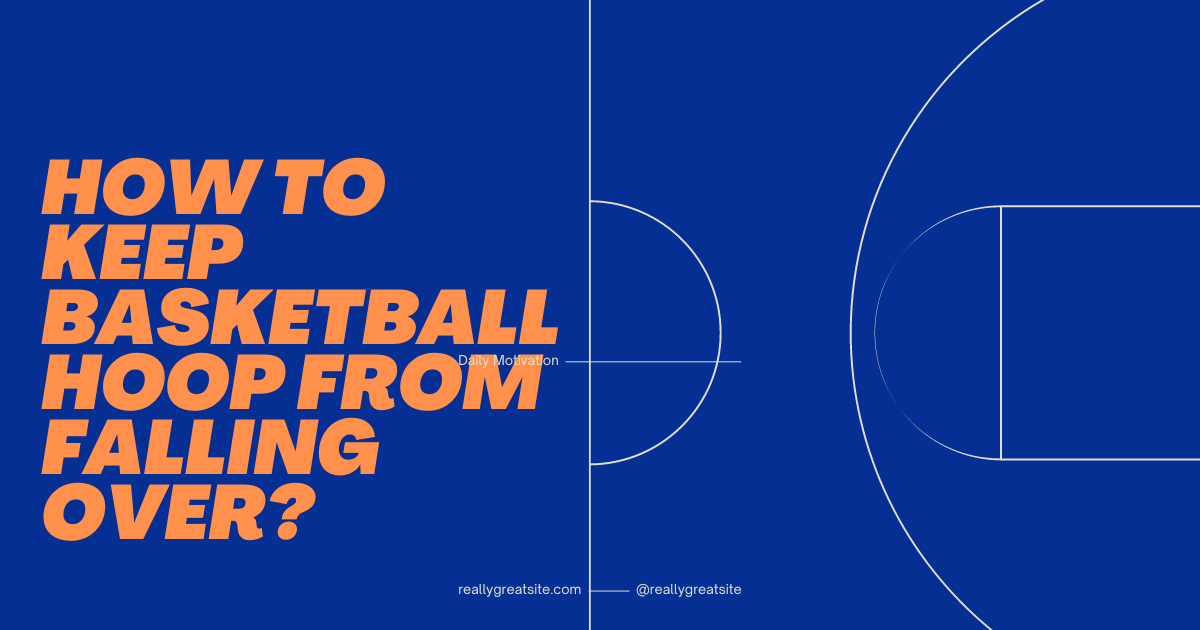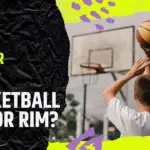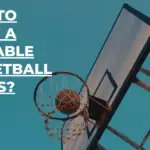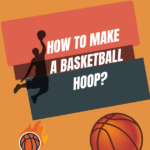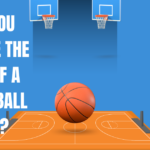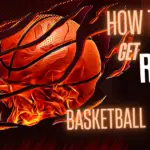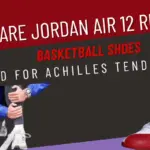Basketball is a beloved game by many around the world. Though it is mainly played outdoors, some people enjoy playing in their driveway or inside their homes. The biggest downside of playing basketball is when the hoop falls over and makes a huge mess . No one wants to be cleaning up after a game, so it is essential to know how to keep the hoop from falling over.
Keep Your Basketball Hoop From Falling:[/su_heading]
Base Strapping:
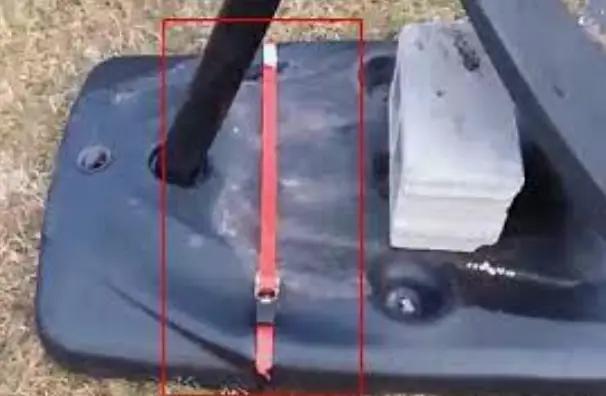
Base strapping is a simple and effective way to secure the hoop to the ground. By doing this, you will be able to prevent the hoop from toppling over when someone makes a shot.
You will need strong rope or straps to strap the basketball hoop to the ground. You will also need something to anchor the rope or straps to. This could be a tree, a fence post, or a basketball hoop. Once you have everything ready, you can start strapping the hoop down.
Begin by tying one end of the rope or strap around the base of the basketball hoop. Make sure that it is pulled tight and secure. Then, take the other end of the rope or strap and wrap it around the anchor point.
Pole Collar Strapping:
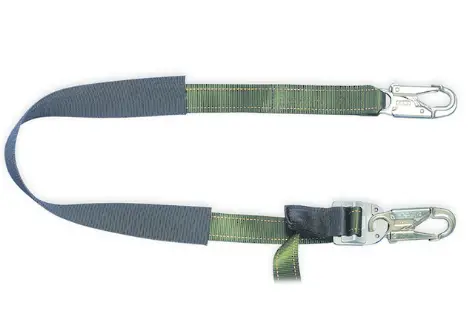
Pole collar strapping helps to distribute the weight of the backboard and rim evenly around the pole, which prevents the hoop from tipping over.
To install pole collar strapping, wrap it around the base of the pole and secure it with screws or bolts. Make sure that the strapping is tight, so it doesn’t slip or come loose over time.
With proper installation, pole collar strapping will keep your basketball hoop firmly in place and prevent it from tipping over, even during heavy play.
Use Anchors And Ratchet Strap:
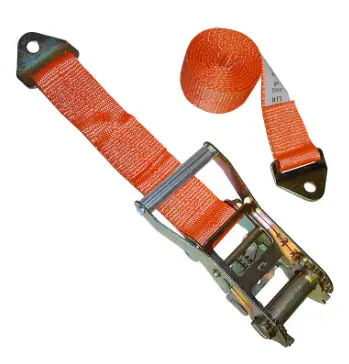
You can bury the anchors next to the basketball pole and then use a ratchet strap to attach the hoop to the anchors. This will help keep the hoop steady in high winds and when kids are playing on it.
Use Hoop Anchor:
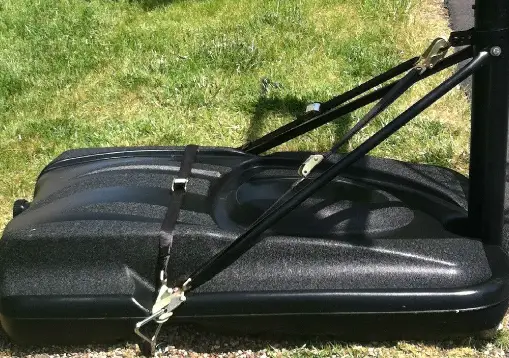
There are a few hoop anchors on the market, but they all work similarly. Screw or bolt the anchor into the ground, and then attach it to the hoop.
Most hoops come with all the necessary hardware for attaching an anchor. If yours doesn’t, you can purchase one at your local hardware store.
Additional Things You Can Do:
Replacing Water With Sand:

Replace the water in the base with sand. This will add weight and stability to the hoop. This will help to keep the weight evenly distributed and prevent the base from tipping over. You can also try filling the base with rocks or other heavy objects.
Using Base Gel:
The base gel is a thick, sticky substance that can stabilize almost anything. All you need to do is pour some into the base of your hoop and wait for it to set.
Once it’s set, your hoop will be firmly in place and ready for action.
How Do You Level A Basketball Hoop?
Find a level spot on your driveway or wherever you’re going to put the hoop. Then, mark the spot with some chalk or tape. Once you have the spot marked, it’s time to set up the pole.
If you’re using a ground sleeve, insert the pole into the sleeve and ensure it is level before you fill the hole with concrete. If you’re not using a ground sleeve, dig a hole about two feet deep and wide enough for the base of the pole.
How Do You Stabilize A Basketball Hoop?
Make sure that the base is filled with sand or water. This will help to weigh it down and keep it from tipping over.
Check the bolts that hold the hoop in place. Ensure they’re tight and not loose. If they are loose, tighten them up.
If your basketball hoop is still wobbling or falling over, you may need to buy a weight kit to add more weight to the base.
Conclusion:
It is essential to take measures to prevent your basketball hoop from falling over. Following the tips in this article can help keep your hoop stable and in good condition for years. You can enjoy many hours of shooting hoops in your backyard with a little care and attention.

Clyde Jackson III is a basketball coach and the founder of GCBC Basketball, a basketball-related learning and informational website that focuses on helping young players develop their skills on and off the court. With over 15 years of coaching experience, Clyde has worked with players of all ages and skill levels, from beginners to professionals.

